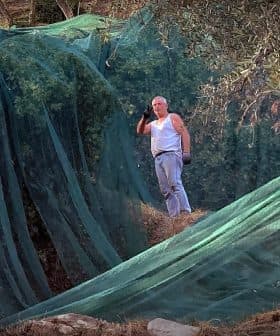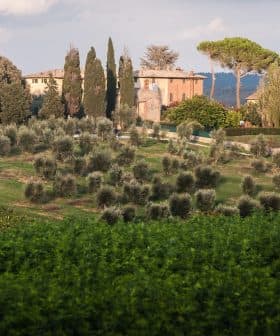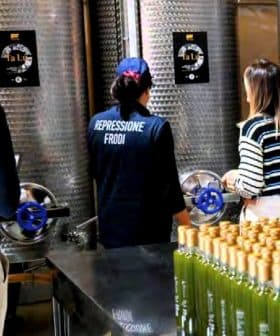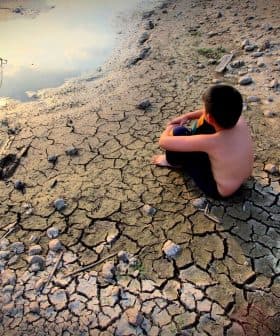Covid-19 Hinders Xylella Fight in Italy
Funds are coming to counter the bacteria and sustain the local economy. But the Covid-19 epidemic has stymied urgent action
Italy’s Covid-19 epidemic has impacted efforts to combat the Xylella fastidiosa outbreak in southern regions, with 600 new infections and 100 olive trees affected. The Italian government has promised funding for affected areas, but the lack of containment measures poses a risk of more widespread infection in the spring.
Italy’s Covid-19 epidemic has cast a shadow on the fight against Xylella fastidiosa in the southern regions of the country. The outbreak of the aerobic bacteria has plagued olive trees in the region, and containment measures are not yet in place.
The latest sampling showed 600 new infections and 100 olive trees hit. The distribution of the bacteria in the Puglia region was found to have begun affecting other species, such as lavender, suggesting a risk of more widespread infection in the spring.
There is no known cure for the bacteria-infected trees will wither and die, and if not contained, the infection will spread.
The Italian government has promised funding for the areas struck by infection, while the European Union commission reviewed and unlocked $322.9 million in emergency funds. The national effort against Covid-19, however, has affected the efficiency and timing of the response against Xylella.
See Also:Olive Oil Sales Jump While Italian Economy ShrinksWhile the EU funds will be a welcome relief to the oil mills, olive growers and farmers who have been hit hardest by Xylella, the farmers’ association Coldiretti noted that there is currently no funding dedicated to monitoring the spittlebug, the insect responsible for the spread of Xylella.
“The disease in Puglia is widespread and Xylella is not under control, while … the spittlebug has grown from its larval stage and is now ready to become an adult insect in many areas and groves,” Coldiretti Puglia president Savino Muraglia warned local authorities in a letter.
Coldiretti suggested that the organization proceed with countermeasures as the Italian Ministry of Agriculture has not yet provided a timeline for intervention.
Not all local authorities seem eager to await a go-ahead from the Ministry. The Ugento municipality in Puglia is now accepting registrations of farmers willing to remove the infected plants. Registration originally was set to be closed on March 20, but local authorities extended it due to the Covid-19 emergency.
“If we had those Xylella infections spread throughout our olive groves, I would want to proceed very quickly [to remove the infected trees],” Riccardo Mecozzi, farmer and olive grower in the Lazio region told Olive Oil Times. “Authorities are monitoring our region for any eventual spreading of the Xylella; they tell us that we do not have any such evidence. Still, we all know that if serious containment measures are not adopted in Puglia, the bacteria will come up north. That is why we have to test our plants every year, not knowing what will happen next to our olive trees.”
Meanwhile, the Ministry has put on the table another round of funding for the areas hardest hit by Xylella — a $14 million grant initiative known as Xylella Districts Contracts. According to a Ministry press release, the initiative “aims to carry out a program for the regeneration of agriculture in the territories affected by the bacterium.”
Citing the Covid-19 epidemic and the health and safety of the officers involved in the program, the Ministry has deferred the application deadline for the initiative to May 18.









